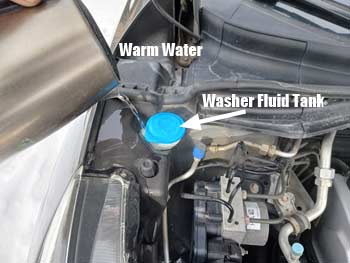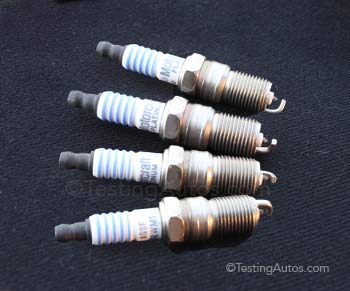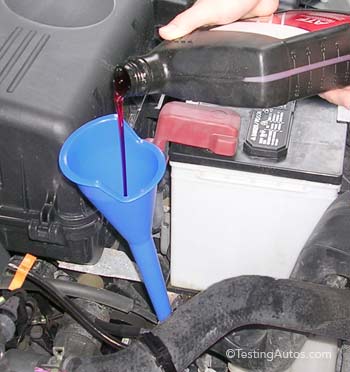Washer Fluid Frozen in the Car? Options to Fix the Problem
By Vlad Samarin January 12, 2025
Winter weather can cause various car issues, including frozen washer fluid. If your windshield washers stopped working after a cold snap, the fluid may have frozen. Here's how to address this problem and prevent it in the future.
Why Does Washer Fluid Freeze?
Not all washer fluids are designed for freezing temperatures. Summer-grade washer fluid can freeze in colder weather, blocking the lines, tubes, or even the washer tank. Winter-grade washer fluid, on the other hand, is formulated to withstand sub-zero temperatures.Symptoms of Frozen Washer Fluid
- The windshield washer motor operates, but no fluid sprays out.
- The washer motor doesn't engage when activated.
- The system stopped working following a temperature drop below freezing.
How to Fix Frozen Washer Fluid
1. Use a Warm Garage
Park your car in a heated garage for several hours. This allows the frozen washer fluid, which may resemble slush or ice, to melt. Once the fluid is fully thawed:- Use the washers to spray out all the fluid until the tank is empty.
- Operate the washers in short bursts (10–20 seconds) to avoid overheating the pump.
- Refill the washer tank with winter-grade washer fluid.
2. Pour Warm Water Over the Washer System
If a warm garage isn't an option, pour warm (not boiling) water over the washer fluid tank and exposed washer lines. When doing this:- Pour the water slowly, allowing it to run over the surface of the washer tank, focusing on its lower portion where ice may accumulate.
- Avoid letting water come into contact with any electrical connectors or components near the washer tank.
- Repeat the process until the system thaws.
- Use the washers to spray out all the fluid.
- Refill with winter-grade washer fluid to prevent refreezing.
3. Visit a Professional
If you don't want to handle this yourself, take your car to a repair shop or dealership. They can safely thaw the system, drain the old fluid, and refill it with winter washer fluid.Cost Breakdown
- Winter-grade washer fluid: $5–$20 per gallon, depending on the brand and freeze protection rating.
- Labor costs at a repair shop: $50–$150, depending on location and time required to thaw and refill the system.
- Portable garage heater rental: $20–$50 per day, if you need to warm the garage yourself.
Preventing Frozen Washer Fluid
- Switch to winter washer fluid early: Drain summer fluid before freezing temperatures arrive and refill with winter-grade fluid.
- Check the freeze rating: Use washer fluid rated for at least -20°F (-29°C) or lower for harsh winter climates.
- Avoid diluting washer fluid: Adding water lowers the freeze protection, increasing the risk of freezing.
Conclusion
Frozen washer fluid can be inconvenient, but it's fixable with a little effort. Whether you use a warm garage, warm water, or professional help, addressing the issue promptly is key. Refilling with winter-grade washer fluid before cold weather hits is the best way to prevent this issue and keep your windshield clear all winter long.About the author: Vlad Samarin is an automotive expert with over 20 years of hands-on experience in the industry. As an ASE Master Automotive Technician, Vlad specializes in diagnosing and repairing a wide range of vehicle issues, sharing valuable insights to help drivers stay informed and confident on the road.





